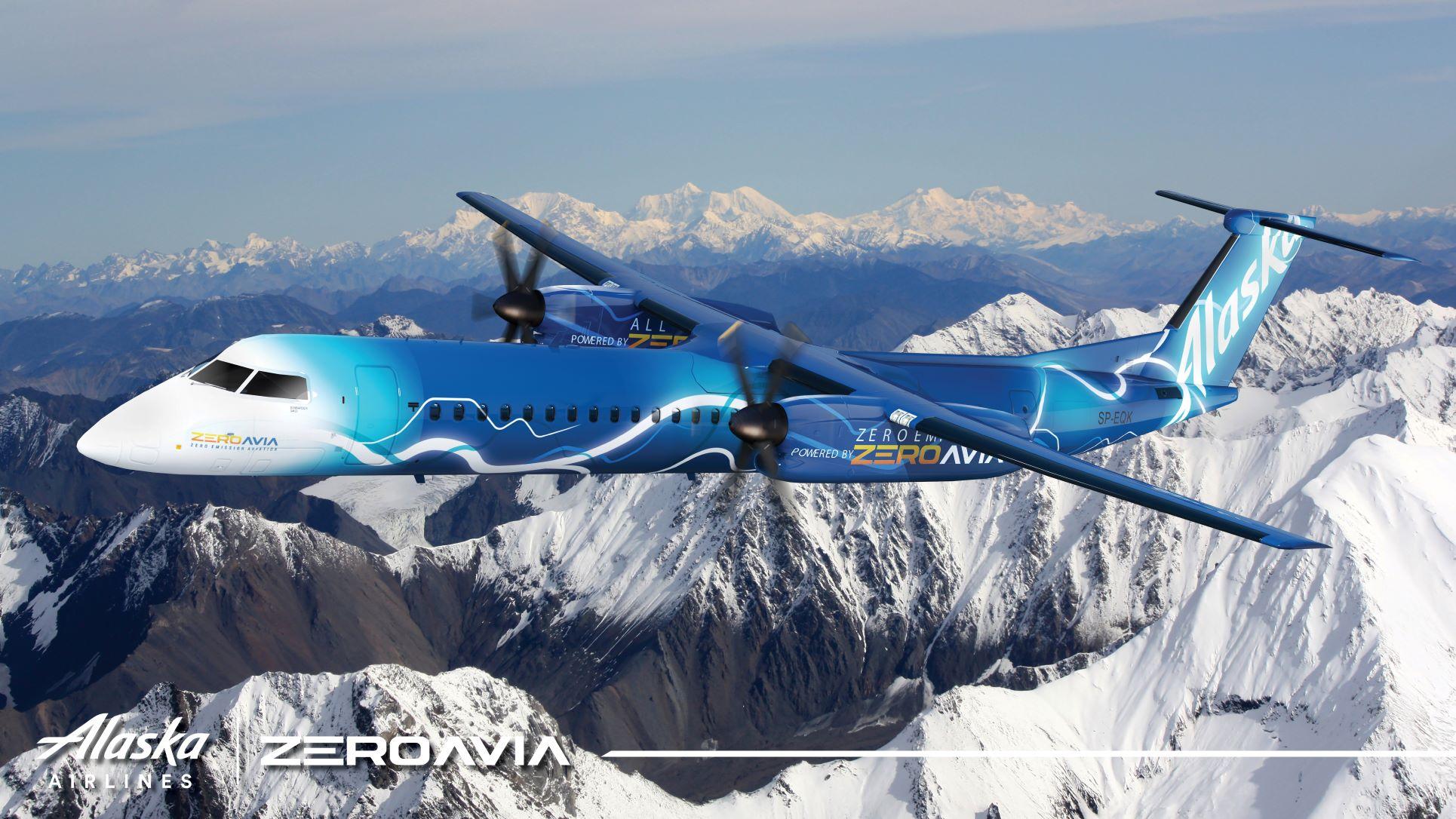
Credit: ZeroAvia
Zero-emissions propulsion developer ZeroAvia has selected Paine Field, near Everett in Washington state, as the location for a flight research center to support development of a hydrogen-electric powertrain for the De Havilland Canada Dash 8-400 regional turboprop. Seattle-based Alaska Air Group in...
Subscription Required
This content requires a subscription to one of the Aviation Week Intelligence Network (AWIN) bundles.
Schedule a demo today to find out how you can access this content and similar content related to your area of the global aviation industry.
Already an AWIN subscriber? Login
Did you know? Aviation Week has won top honors multiple times in the Jesse H. Neal National Business Journalism Awards, the business-to-business media equivalent of the Pulitzer Prizes.

